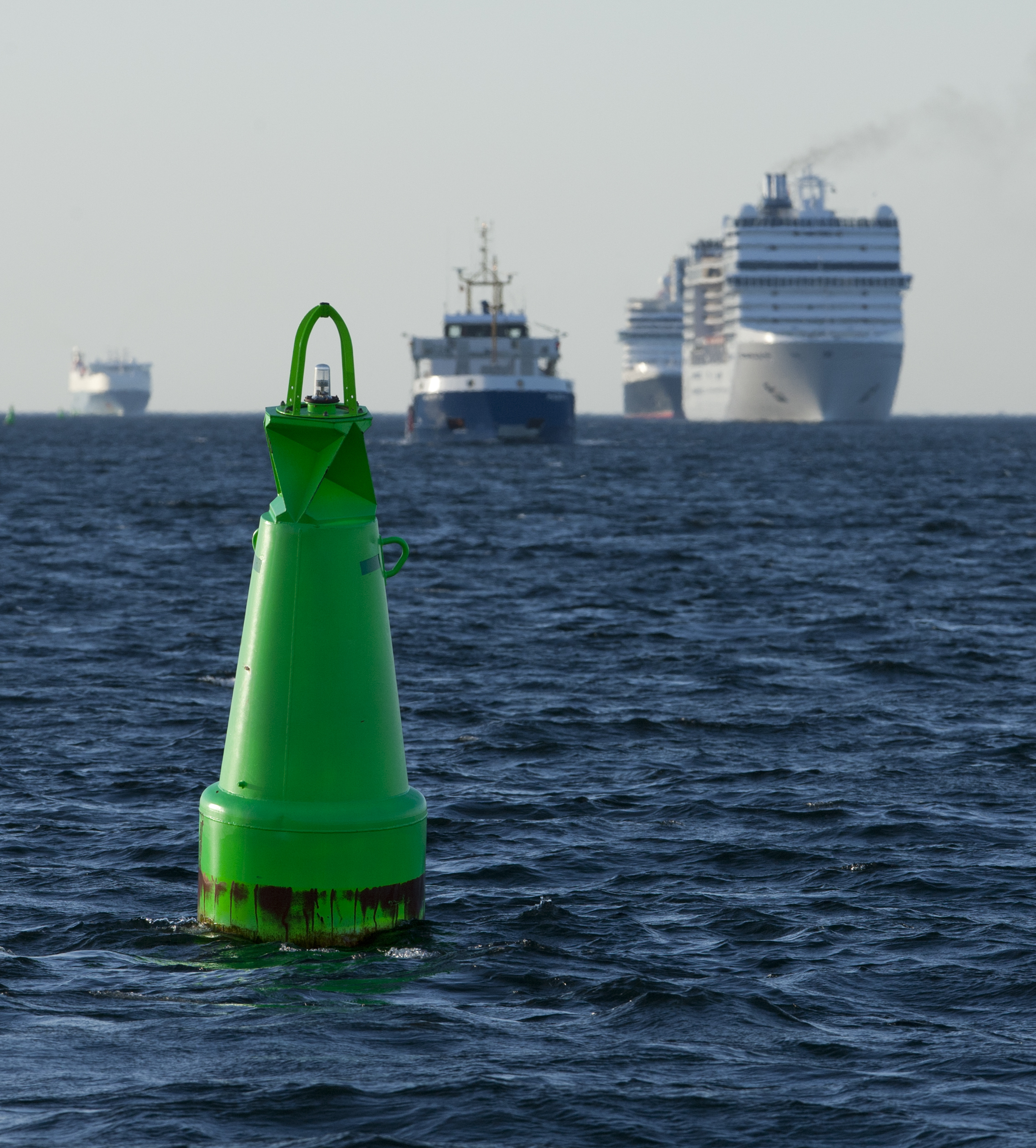One of the three approved Flagships under PA Secure is FIRE-IN which addresses the challenges of Fire and Rescue services as the frequency and scope of natural disasters are increasing worldwide. The ultimate objective of FIRE-IN is to raise the security level of EU citizens. This is achieved by improving the Fire & Rescue Services’ capabilities to address various forms of hazards. The project is co-funded by Horizon 2020 Research and Innovation Programme and it's duration is until 2022.
“In the field of Fire & Rescue, as in most European security research and innovation domains, the successful operational uptake of its outcomes suffers from limited participation of practitioners. This is mainly due to practitioners having only little means for activities next to their daily operations. Current outcomes of European R&D are thus only little demand-driven. Moreover, practitioners in Fire & Rescue have only little knowledge on already available solutions or best practices in their domain, since so far no central source of information exists to summarise the fragmented results out of the various R&D programs and initiatives on national and European level.
To this end, FIRE-IN builds on a significant and heterogeneous pan-European network of practitioners for identifying and harmonising operational capability gaps in a central process to create a more demand-driven approach for future R&D and standardisation programs. In addition, FIRE-IN aims on sharing the knowledge on best practices and already available solutions in the field of Fire & Rescue. A wide awareness of the FIRE-IN network i.e. among practitioners in the field of Fire & Rescue is vital for the sustainable success of the project.
The flagship status of FIRE-IN thus strongly supports the achievement of the main objects of the project by creating a spotlight on this central networking initiative, i.e. for Fire & Rescue practitioners in the Baltic Sea region.”
Isabelle Linde-Frech, Fraunhofer INT, Germany, Project Partner
More information about FIRE-IN on the project website: fire-in.eu
The objective of PA Secure Flagship "ECoHuCy – Enablement besides Constrains: Human security and a Cyber Multi-disciplinary framework in the European High North" is to map the opportunities and threats residing in digitalisation in cooperation with the regional actors. It aims at supporting digital development which is able to meet the local needs and integrate local participants in its steering. ECoHuCy thus approaches digitalisation and cyber security from the human security perspective. The undertaking strives to mitigate fears and contradictions related to the everyday life of individuals and communities in the High North. The project is co-funded by NordForsk and it will work until the end of 2019.
“The Flagship status enhances the achievement of one of the project’s main goals – to bring the interests, needs and fears of people experiencing digitalisation in the European High North to the awareness of a wider audience. These possibilities and concerns are to an extent shared throughout the Baltic Sea states and, thus, increasing awareness can facilitate productive dialogue improving human security in the region.”
Professor Kamrul Hossain, University of Lapland, Finland, Lead Partner
More information about the ECoHuCy project on the Lead Partner's website.
The third PA Secure Flagship approved is BALEX DELTA 2018. HELCOM has arranged the annual BALEX DELTA operational exercise since the seventies. The focus of these exercises has been, with some exceptions, the combat of oil pollution at sea by marine pollution services. These exercises have contributed to the development of common procedures and routines, as well as common language for operations at sea. However, HELCOM also includes cooperation for handling pollution on the shore. Actors at sea have plenty of experience from cross-border exercises within the HELCOM RESPONSE context, while the actors on shore have little. The aim of BALEX DELTA 2018 exercise is to test and improve procedures and methods for combating oil and chemical spills at sea and on the shore, in a multilateral context, using the HELCOM framework and the EU and national host nation support guidelines. BALEX DELTA 2018 Flagship receives co-funding from the European Commission DG ECHO until April 2019.
“The Balex Delta exercise are arranged yearly and thus well known among the HELCOM contracting parties. Although, the Balex Delta 2018 project grasps over a wider scenario including combating oil and chemical spills at sea and on the shore in a multilateral context. The Flagship status enhances to reach a broader target group which is necessary due to the different elements in the exercise. Also the flagship status helps to visualize the essential work that is being done among the Baltic Sea countries in these kinds of exercises.”
Therese Larsson, Swedish Coast Guard
More information about BALEX DELTA 2018 at HELCOM website.
Get to know all EUSBSR Flagships here.




